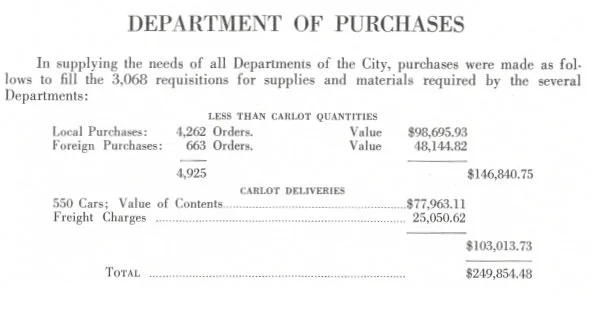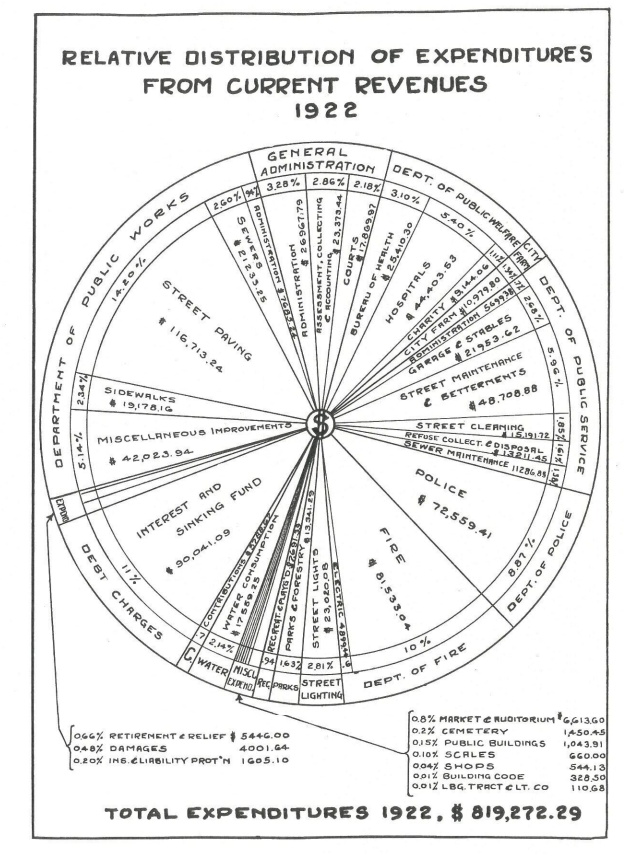
Schools, Safety, & Sensible Taxes
Cameron Craddock Howe’s
Roadmap to a Better Lynchburg
1. Schools
PRIORITY: Appointing school board candidates that prioritize early intervention, safety, mental health, teachers / front line staff, and parental collaboration.
As a Lynchburg City Schools graduate, Cameron knows how important schools are to the community.
“She’s seven, maybe eight months behind. We typically would not consider evaluation until a student is something like a year and a half behind.”
- Lynchburg City Schools , Child Study, January 10, 2022
No parent, guardian, advocate, or child should have to hear what I heard from Lynchburg City Schools two years ago. A year and a half is far too long for a child to wait for help. This type of delay should not be tolerated. Early intervention is a necessity, not a want.
My top areas of concern as it relates to the appointment of school board members and City Council’s direction for our schools:
Keeping schools open and providing the tools necessary to meet the mental, educational, developmental, emotional, and physical needs of students, with a focus on early intervention and life skills.
Improving the partnership with parents, teachers, and supportive staff, while ensuring all parties are held accountable.
Ensuring the schools have the funding they need to be successful and those in charge are being good stewards of those funds.
2. Safety
“Crime doesn’t pay” - but it sure does cost us.
PRIORITY: Deterring crime through incentive-based programs, education, job creation, and supportive services, while increasing our enforcement and prosecution of those that break our laws.
The city needs to send the message loud and clear that we will not tolerate fear, intimidation, harassment, or violence. We need to be tough on crime while being logical and strategical in enforcement. Our streets, our schools, and our community should be places that are safe for all. Increasing advocacy and access to mental health services, jobs, education, and prevention are required, not optional, in keeping Lynchburg safe. Through partnerships between public, private, and non-profit organizations, neighborhoods, and individuals, we can be a city that solves problems together, like safety, and how to keep our events and city thriving.
My top areas of concern as it relates to our safety and City Council’s direction for Lynchburg:
Increasing collaboration and partnership between government and non-government entities/people to ensure we are approaching complex problems with a variety of viewpoints, skill sets, and resources.
Prioritizing enforcement of laws and prosecution of crimes that directly impact our safety, such as speeding, drug distribution (especially fentanyl), thefts, and gangs.
Fundamentally, the City’s proactiveness (limiting reactiveness) and transparency regarding crime and safety need to be revamped.
Living in Lynchburg comes with benefits and privileges that happen because of taxes. Good stewardship of those funds by City Council and City Staff is a nonnegotiable.
3. Sensible Taxes
PRIORITY: Easy to understand reporting about our taxes and government priorities with an emphasis on transparency, sustainability, and accountability.
In general, I believe taxes should be as low and simple as possible.
It is important that the government has transparency with the rate of taxation and the needs of our city, without trying to fulfill political agendas. We need to consider the long-term implications of these decisions, ensuring that Lynchburg retains our financial strength and AA+ bond rating.
My top concerns related to taxes:
Increasing transparency and simplicity in tax-related discussions, votes, and disclosures.
Improving financial accountability by cutting waste, increasing vital services, and reallocation of resources / positions for maximum use.
As someone who is a visual learner and enjoys tangible things, like books, the way the City communicated 100 years ago is my preferred method - a publication of the City of Lynchburg’s Annual Report from 1923 (original is 94 pages long). From graphs, spreadsheets, photographs, and paragraph updates, it was accountable, forthcoming, and insightful. Use the link above to check it out some of the selected pages and let me know what communication and accountability changes you would like to see from City Council.





